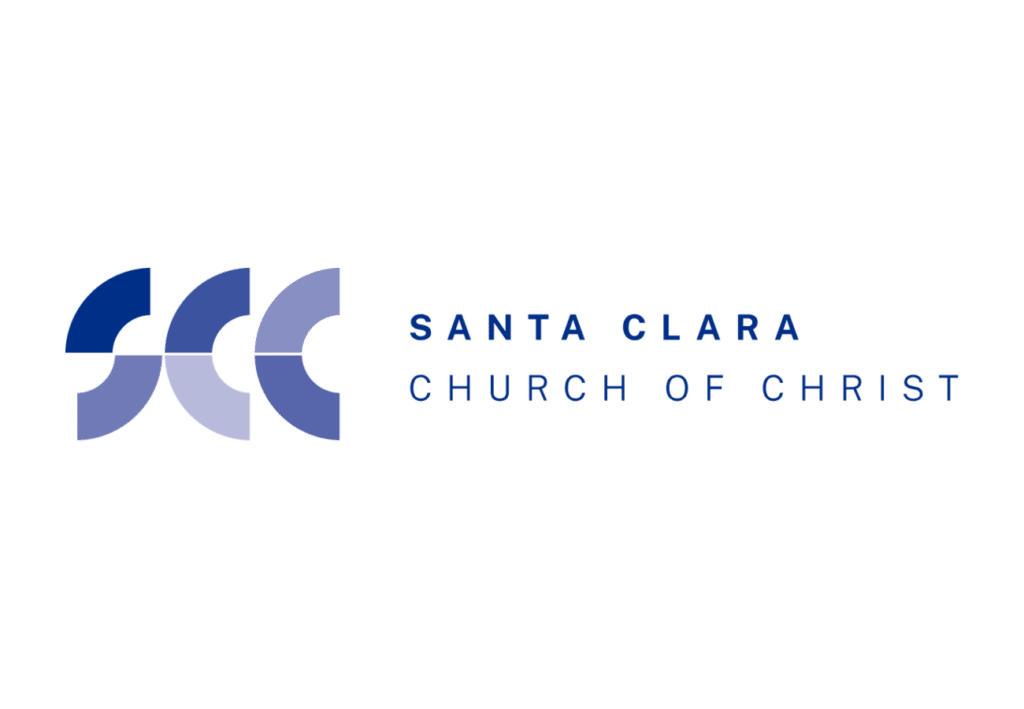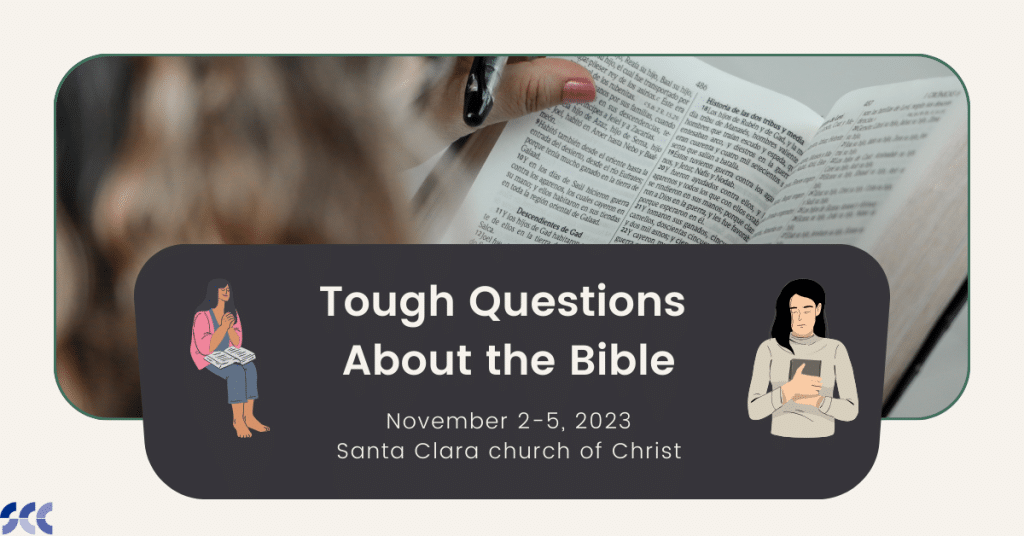The attitude of the scribe Ezra, described in the Old Testament book of the same name, is commendable and worthy of imitation. The book is set in the time after the Babylonian captivity, which was a time of restoration and return to the Jewish homeland of Palestine. The Jews had been punished by God for their idolatry and wickedness, uprooted from their ancestral home, and placed under the control of a foreign nation. God had ordained that the captivity would last only 70 years, however, and as the allotted time span neared its end, groups of Israelites were led southwest to reclaim the land that was theirs. Ezra, a “skilled scribe,” guided the second convoy to Jerusalem in 458 B.C., with the express purpose of reestablishing lawful worship and beautifying the house of God.
The man Ezra is described in chapter seven of the book as one who had “set his heart to seek the law of Jehovah, and to do it, and to teach in Israel statutes and ordinances” (7:10). There are two primary parts to this description that are relevant to us—each necessary, each difficult. First, Ezra “set” (i.e., prepared) his heart. The scribe recognized his great responsibility as a leader of Israel, a nation only recently delivered from affliction resulting from religious neglect. The people had not been able to worship God lawfully in over seventy years; Ezra had been born and reared under a foreign power in a foreign land influenced by a foreign and false religion. He could not afford to assume he knew the things that were pleasing to God; rather, he had to seek them and find them. But even before he could begin that search, he had to adopt the proper frame of mind. If he sought the truth with the wrong attitude (e.g., in an attempt to justify some preconceived ideas or modes of worship learned in Babylon), he would be doomed to failure. God’s truth is plain and within our reach, but we must prepare our hearts to accept that truth with an open mind, no matter how unpleasant it may be to us.
Of course, knowing the path is much different than walking the path. Ezra’s resolution exceeded mere biblical study, introspection, and prayer. He set his heart to both seek and do the law. No one will deny that certain practices and habits (such as swearing, neglect of the elderly and widows, covetousness, or improper lust, to name just a few) are condemned in the Scriptures. It is easy for preachers to quote Matthew 5 while preaching against adultery and lust of the heart, yet, of late, pornography has become a scourge even among evangelists.
No doubt Ezra faced a similar dilemma as he surveyed the Israelites’ intermarriages with pagans—actions that had placed them in the position of committing the same errors that their fathers had committed. The people had been living in Babylon their entire lives; they were willing and devout enough to attempt the harsh trek to Jerusalem; now they needed to be prepared to worship God and seek His law. Looking out over the half-built temple and the vast ruins of the city, Ezra must have noted the similarities between the physical state of the city and the spiritual condition of God’s people. Considering all the work to be done (like restoring the law and acceptable worship), and considering all that already had occurred (like the difficult march of the faithful few), it must have seemed like an impossible request to ask those guilty of intermarriage to abandoned their spouses and children. Yet we never read of Ezra attempting to justify their actions, wavering in his own commitment to the law, or dismissing the violation as insignificant or legalistic. Rather, his reaction was one of astonishment and intense grief over the disobedience.
Ezra’s commitment to God and His law must have been contagious, because three days later, all the people in Israel gathered in the rain, shivering in the damp cold, to inquire of Ezra what the Lord would have them to do. Their resolve is commendable, and worthy of imitation, for beginning that very day, every man guilty of intermarriage put away his illegitimate wife and children—providing a lesson that applies to those today who are involved in illegitimate marriages due to adultery. All of us who seek God would do well to “prepare our hearts” like Ezra, not only to know the law, but also to do it.
— Alden Bass; Apologetics Press http://www.apologeticspress.org/APContent.aspx?category=11&article=1213&topic=139



